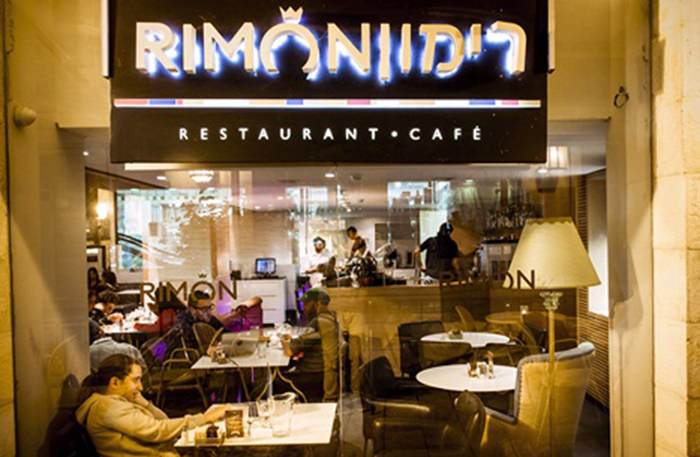A petition has been filed with the Supreme Court by restaurant owners who are seeking to do business on Shabbos while still maintaining their Rabbanut kashrus certification as hotels do.
According to The Marker report, the petition cites that Shabbos represents 40% of their weekly earnings, and the Rabbinate’s policy of compelling to remain closed is resulting in significant financial loss.
Yehonatan Wadai, a restaurant owner in the capital, is behind the petition to the high court, stating it is absurd that one cannot find a meal in a kosher restaurant on Shabbos and the Rabbinate is exceeding its authority. He remains confident that a solution can be found, like paying in advance and eating by presenting vouchers. Wadai is the owner of the Pub Al Yamin in Rechavia, and he displays a sign “Shomer Shabbos Befarhesya” outside the store.
Through the Ne’emanei Torah V’Avodah organization and attorney Elad Lubitz, they wish to determine if the Chief Rabbinate of Israel will give a hechsher to restaurants that are open on Shabbos, just as the Rabbinate gives kashrus certificates to hotels that serve food on Shabbos.
“Absurdly, an Israeli backpacker can roam around the world and find a Shabbos meal almost everywhere with the payment arranged before or after Shabbos. In Israel and in Jerusalem, its capital, young people encounter such a lack of resolution. Ironically, instead of the Chief Rabbinate helping to fill the void that is created, it is the one who forces it”claims Wadai.
Jerusalem’s famous Café Rimon, on Luntz Street does use vouchers, but only on the first day of a chol hamoed in Eretz Yisrael, serving foreigners who observe a second day Yomtov. The restaurant however never opens on Shabbos or Yomtov, but only chol hamoed.
(YWN Israel Desk – Jerusalem)












2 Responses
All an Israeli backpacker looking for a meal on Shabbos has to do is walk into Stolin, Toldos Aharon, or Belz, and he will get a FREE meal within minutes, without having to “arrange payment before or after Shabbos”.
Does this fail to clarify that we are dealing with restaurants that are not cooking but just serving food on shabbos ? Or are they going to Supreme Court to require approval even when they are mechallel shabbos cooking ?